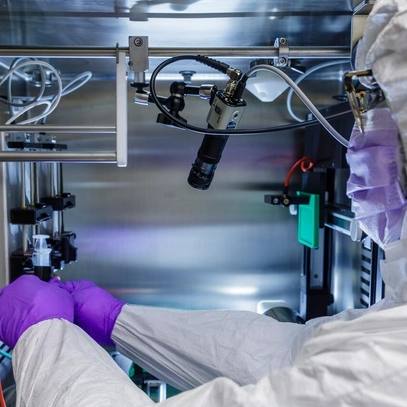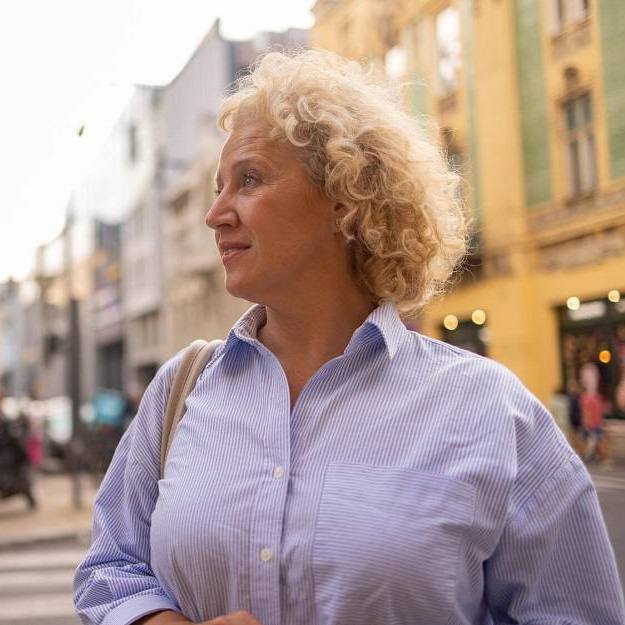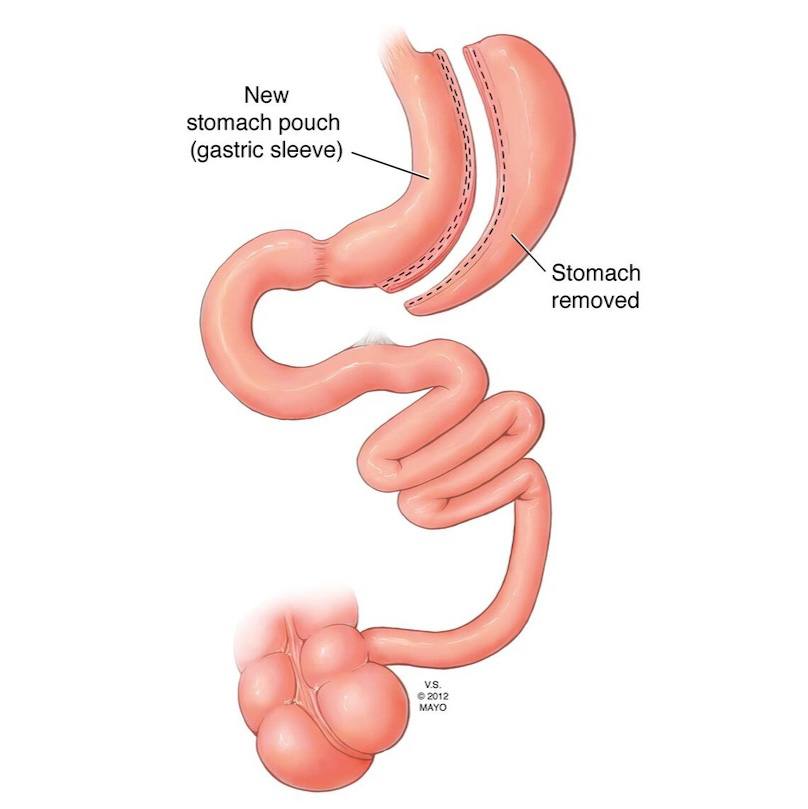-
Research
Science Saturday: Like filling a pothole — cell therapy for cartilage repair
Growing up in the Netherlands, Daniel Saris, M.D., Ph.D., was exposed to the wonders of science at a young age. He listened to his father, a physicist, when he spoke at scientific conferences. His mother, an English teacher, encouraged learning about diverse societies. These experiences would grow into Dr. Saris' career as an orthopedic surgeon and regenerative medicine researcher.
"I've always been intrigued with understanding how science and biology work and how we can use it to our benefit," says Dr. Saris. "I was drawn to orthopedics, because it is a surgical expertise that focuses on quality of life and the tangible improvements it can make in the lives of patients."
Dr. Saris works on joint preservation at Mayo Clinic. His research investigates cellular therapies that repair cartilage defects. Dr. Saris compares it to filling potholes to fix a road rather than replacing the entire street.
"If we can treat the 20- to 50-something-year-olds with a new biotherapeutic that repairs cartilage and enables them to use their own joints for years to come, that's a significant benefit to them," says Dr. Saris. "By enabling their active lifestyle and delaying their first joint replacement until they are older and a little bit less active, they are likely to have a better outcome."
Mayo Clinic's Center for Regenerative Biotherapeutics is leading biomanufacturing strategy to accelerate new cellular therapies to early-stage clinical trials and, eventually, to clinical care. The center supports Dr. Saris' research as part of its objective of delivering new cures to the practice, particularly for rare and complex conditions.
Seeking cellular solutions
Dr. Saris is the principal investigator of a clinical trial that is testing use of a regenerative cell therapy to repair damaged cartilage with just one surgery. In this research, healthy cartilage from a patient is recycled and mixed with donated mesenchymal stem cells from Mayo Clinic's stem cell bank. Mesenchymal stem cells are adult stem cells that have been well studied and have shown healing potential. Dr. Saris' team uses the cell mixture to plug holes in the cartilage and then documents the results.
"In our research, we are mixing the patient's cartilage cells with donor stem cells, a one-step procedure to study how that facilitates cartilage growth in the knee," says Dr. Saris. "Our research enables us to understand how cartilage cells talk to mesenchymal stem cells and the role that plays in repairing tissue."
Dr. Saris' team has studied this procedure in a phase one safety study of knee cartilage damage and now a phase one study of hip cartilage damage.
Tears in cartilage — the connective tissue that lines the joints — are a common problem from sports injuries, falls or daily wear and tear. A tear often affects the knee, but can happen in the hip, ankle, elbow or shoulder. Left untreated, cartilage damage typically gets worse and can lead to osteoarthritis and joint replacement.
"Cartilage does not have a blood supply or nerves. That means when it is damaged, it does not heal by itself," says Dr. Saris.
Cartilage injury can happen at any age but is particularly troublesome for active adults under the age of 55 who are not ready for joint replacements. Options for preserving joints among this age group have traditionally been limited.

Tears in cartilage — the connective tissue that lines the joints — are a common problem from sports injuries, falls or daily wear and tear. Left untreated, cartilage damage typically gets worse and can lead to osteoarthritis and joint replacement.
Dr. Saris believes that regenerative medicine holds the key to delivering new biotherapeutics for cartilage repair and many other unmet patient needs.
"As people live longer across the world, we will be confronted with more diseases," says Dr. Saris. "We have to come up with smarter solutions to make sure that we have a good quality of life as we grow older. One solution is regenerative medicine and using the body's own capacity to heal and correct disease."
About Dr. Saris
Dr. Saris graduated from the University of Amsterdam Medical School. Following that, he came to Mayo Clinic for a research fellowship in orthopedics, cartilage and biomechanics. Dr. Saris then completed his Ph.D. and a residency in orthopedics at the University of Utrecht in the Netherlands.
He came back to join the physician staff at Mayo Clinic in 2018, where he applies his love of science to continual improvements in the techniques of joint preservation.
"I wouldn't be satisfied doing the same thing for 30 years and not finding a way to improve it for the benefit of patients," says Dr. Saris.
###
Research by Dr. Saris:








